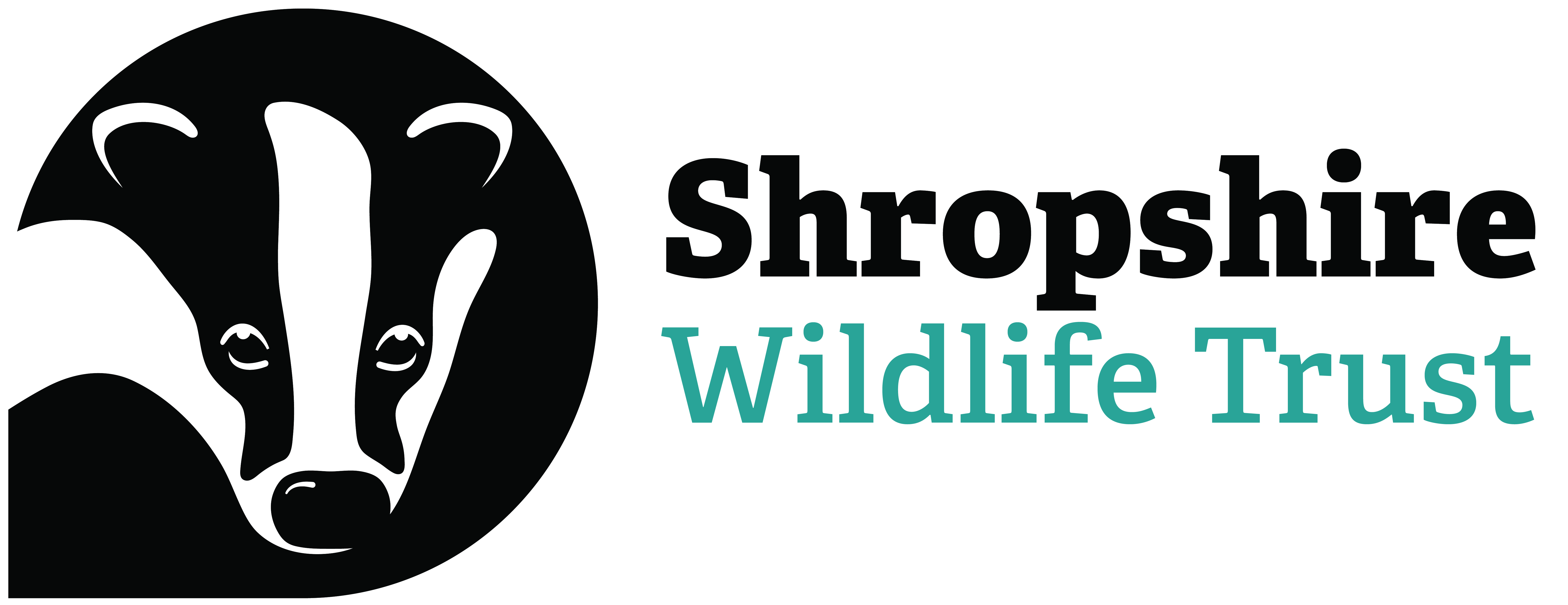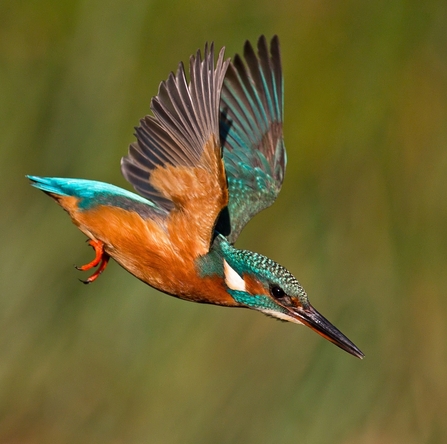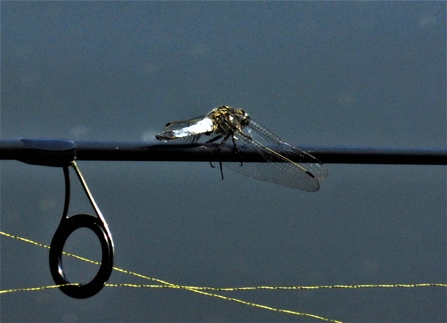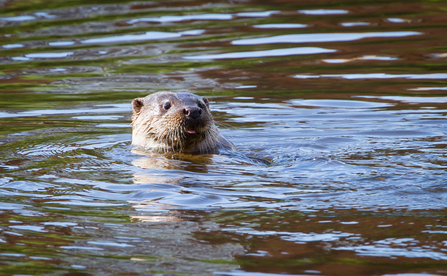I can’t count how many times somebody in a brightly coloured fleece has stopped to ask loudly “have you seen any kingfishers?” before stomping off down the riverside, chatting with their friends and calling loudly to an oblivious dog. The chances are, ten minutes earlier, a flash of turquoise and burnt orange has shot under the rod or even perched on it!
It doesn’t matter how often you see a kingfisher, it’s always a special moment and something to be savoured. As eye-searingly vivid as any hummingbird and just as here-and-gone, they’re a waterside treasure. Like most treasures in life, they come when you give them the chance, and there is little point in running after them. Stillness and quiet are the invisibility cloak you wear for nature to come to you.




